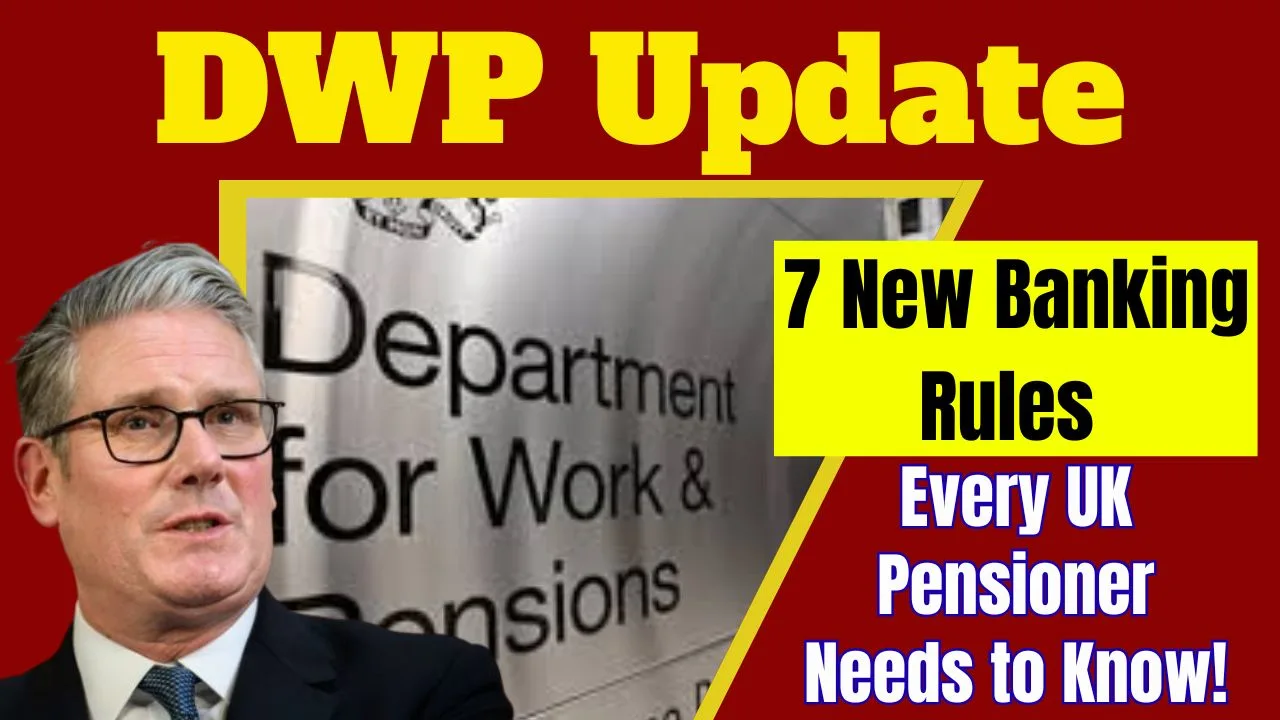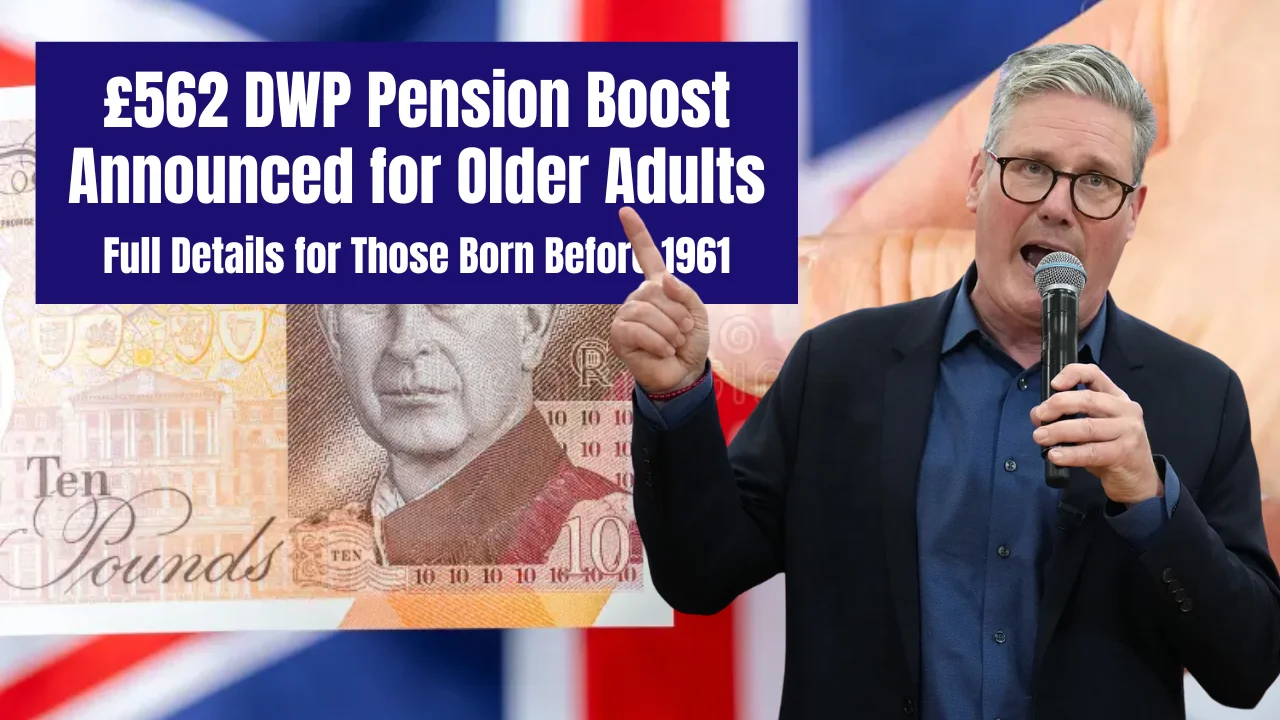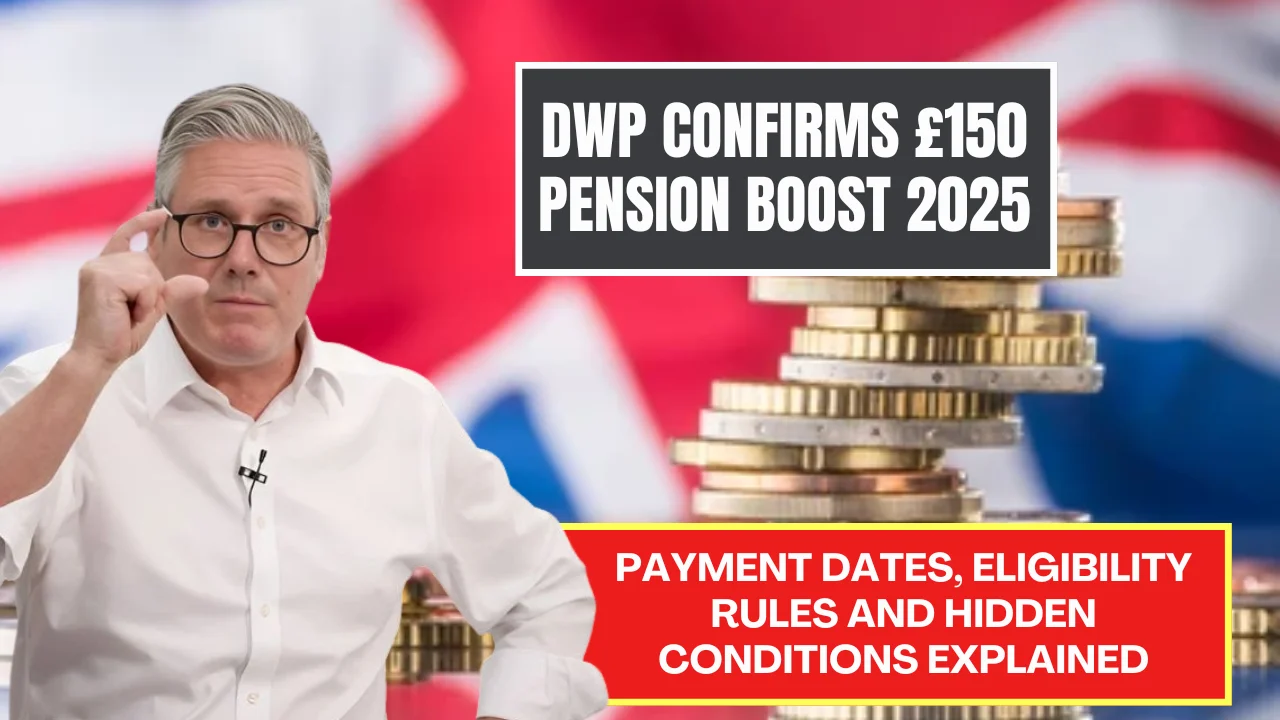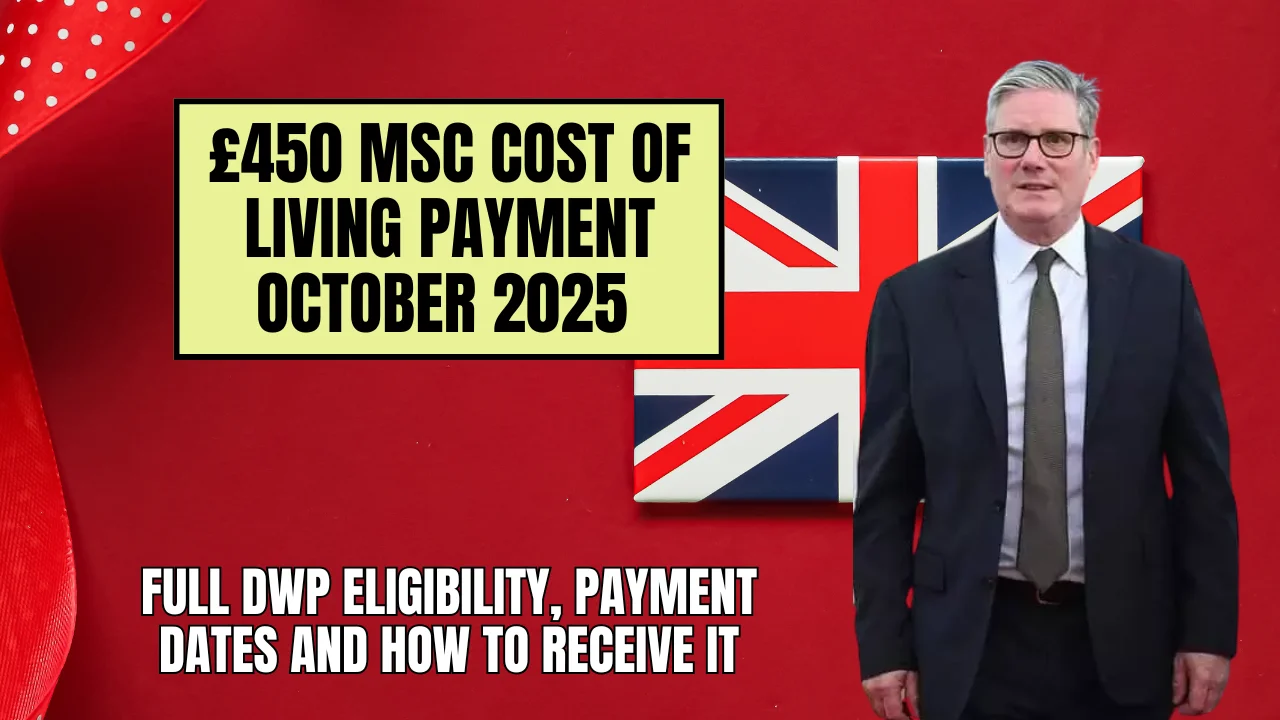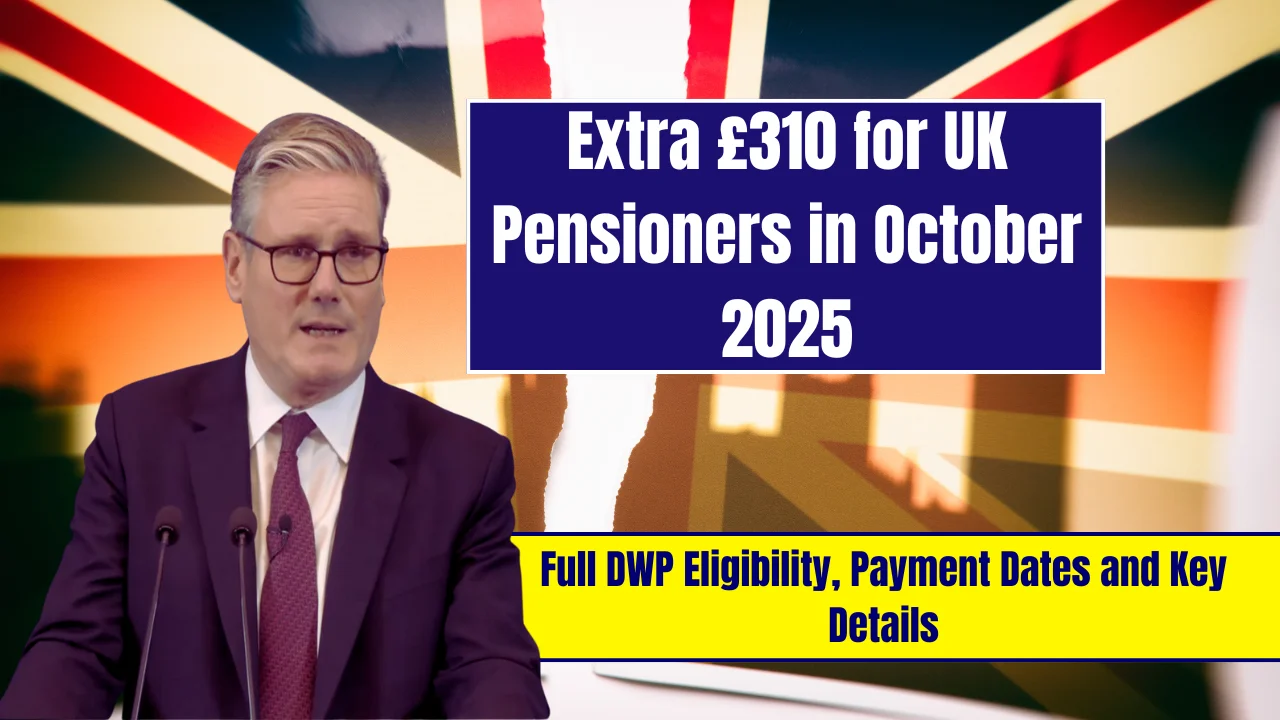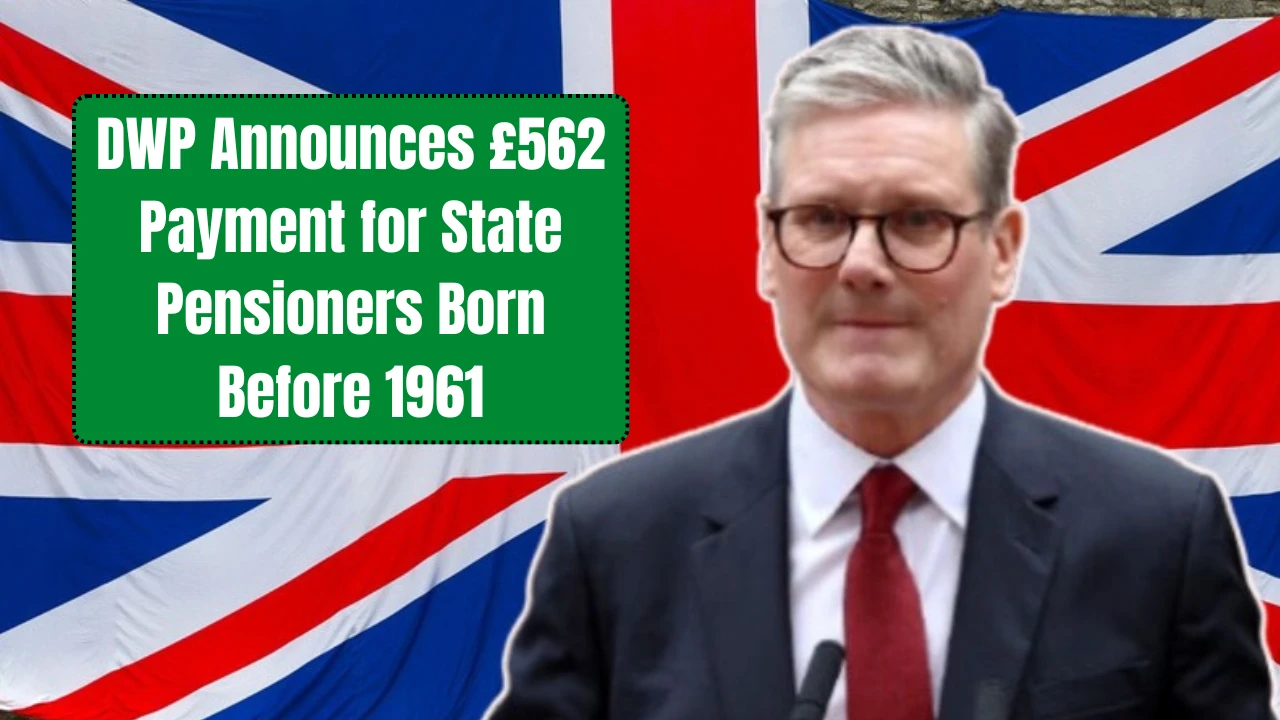Hey there, if you’re a UK pensioner or helping one, it’s time to pay attention: the DWP Update on banking rules is reshaping how benefits and pensions get verified and monitored. These changes are not just technical tweaks; they could affect whether your payments arrive on time, get delayed, or even flagged for extra checks.
This new DWP Update gives the Department for Work and Pensions more power to require banks to share limited account information. The aim is to reduce fraud and error, ensure benefits go to the right people, and tighten up eligibility checks. In what follows, I’ll break down the seven key rules, show you what actions you should take, and explain your rights under these new measures.
Why the DWP Update Matters for Pensioners
The DWP Update directly impacts millions of pensioners who rely on timely benefit payments to cover essential costs like rent, food, and healthcare. With banks now required to flag accounts that may not meet benefit eligibility rules, pensioners must ensure their bank details and account setups are up to date. This move, although meant to catch fraud and errors, could also unintentionally disrupt payments for those unaware of the changes. If you’re receiving Pension Credit or other income-based support, these new rules could apply to you. Staying informed and prepared can help you avoid unnecessary delays or investigations.
DWP Update: What Changed and What It Means
Here’s a high‑level view of the changes coming under the DWP Update:
| Change / Rule | What It Entails | Who It Affects |
| Eligibility Verification Notices | Banks may be asked to share limited data (name, account number, whether account meets eligibility criteria) | Those receiving benefits like Pension Credit, Universal Credit, ESA |
| State Pension Exclusion | The new rules explicitly do not apply to State Pension payments | Pensioners receiving only State Pension |
| Link to Related Accounts | If other accounts are linked to your main benefits account, they may come under scrutiny | Holders of multiple or linked bank accounts |
| Limited Scope of Data | Banks can’t share transaction history or sensitive personal data | Your spending patterns remain private |
| Penalties for Over‑Sharing | Banks may incur penalties if they share prohibited data | Financial institutions must stay compliant |
| Human Oversight & Appeals | Any further inquiry or decision must involve a real person and allow for appeal | You have rights to challenge decisions |
| Phased Introduction & Safeguards | The measure will roll out gradually with oversight and regulation | All affected parties as rollout proceeds |
Why These Changes Are Being Introduced
The DWP argues that fraud, error, and incorrect benefit claims cost public money and can delay resources for those in real need. Giving DWP limited verification powers aims to detect misuse earlier and reduce overpayments.
However, critics raise valid concerns: mass checks may intrude on privacy, flag innocent people, or burden vulnerable individuals (especially those less digitally experienced). The balance between protection and intrusion is under debate.
The 7 New Banking Rules Every UK Pensioner Needs to Know
Here’s a clear rundown of the seven new rules you should understand and watch out for:
- Banks Must Respond to Eligibility Verification Notices
If DWP sends such a notice, your bank must provide specific account information but not transaction history. - State Pension is Currently Exempt
These rules don’t cover basic State Pension payments. DWP powers target other benefits like Pension Credit or Universal Credit. - Linked Accounts Can Be Checked Too
If you have accounts linked (such as a joint account or a secondary account tied to your benefits), they could be included in the checks. - Limited Data Only, No Detailed Spending Info
Banks cannot share your transaction history, health data, or highly personal information. Only minimal eligibility indicators are allowed. - Banks Face Penalties for Improper Sharing
Banks are legally required to stay within the permitted data scope. Overstepping boundaries could trigger penalties. - Decisions Must Involve a Person & Appeals Allowed
Any decision affecting benefits must include human evaluation. If you disagree, you can request a review or appeal. - Rollout Will Be Gradual With Oversight Safeguards
These rules won’t hit everyone overnight. Oversight bodies, codes of practice, and test phases are part of the process.
What You Need to Do Right Now
- Check your account setup: Make sure the bank account you use for benefits is in your name (not someone else’s).
- Avoid third‑party accounts: If you had benefit payments directed to another person’s account, plan to switch.
- Stay responsive to notices: If DWP or your bank contacts you for verification, reply promptly.
- Have identity documents ready: You may need passports, utility bills, or proof of address.
- Understand your rights: You can appeal decisions, request explanations, and ensure fairness.
- Monitor communications: Watch your mail, email, or phone messages for any alerts.
Risks, Concerns & Trade‑Offs
This DWP Update aims to protect public funds, but it carries risks:
- Privacy vs surveillance: Some worry about “big brother” banking oversight.
- False flags: An account may be flagged even if you’re fully eligible.
- Vulnerable people at risk: People with disabilities, limited access to tech, or low literacy may struggle with compliance.
- Bank errors or compliance issues: Banks could misinterpret rules or share too much.
What Happens If You Don’t Comply?
Failure to respond or validate your account setup may produce:
- Payment delays or suspensions
- Temporary freezing of your benefits
- Additional verification requests
- Having your payments rerouted to another verified account
The best defense is staying ahead, responding fast, and keeping good records.
Final Thoughts
This DWP Update is one of the most significant overhauls in benefit payment verification in recent years. It’s natural to feel uneasy about account checks, but with a clearer understanding, you can protect yourself. Make sure your account setup is correct, respond to notices, and know your rights. That way, you’ll be in control not sidelined by surprise delays.
If this article helped you, share it with others who need to know. And if you want help navigating how these rules affect Pension Credit, Universal Credit, or your bank, just say the word I’m here to walk you through it.
FAQs
No. The powers of verification under this DWP Update explicitly exclude State Pension, for now.
Only minimal details: account number, whether it meets eligibility tests, account holder’s name. No transaction history or sensitive details.
Under these rules alone, DWP does not automatically have the power to deduct funds. Any further action must go through proper checks and human oversight.
Not permanently, but payments may be delayed or temporarily suspended until matters are resolved.
You can request a review, appeal via tribunals, and use legal protections under the rules of oversight and data protection.
